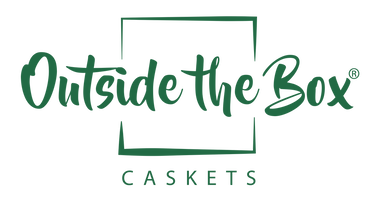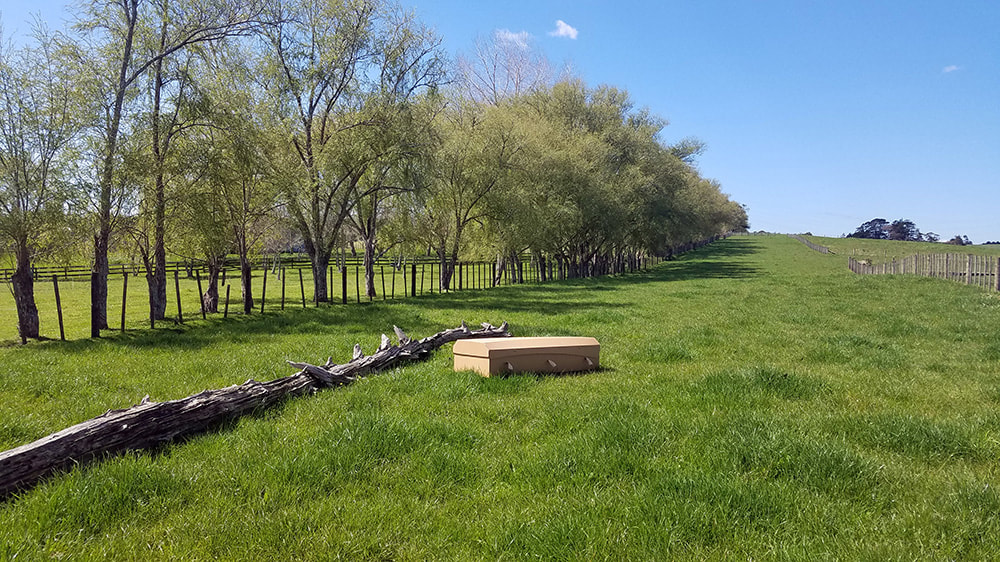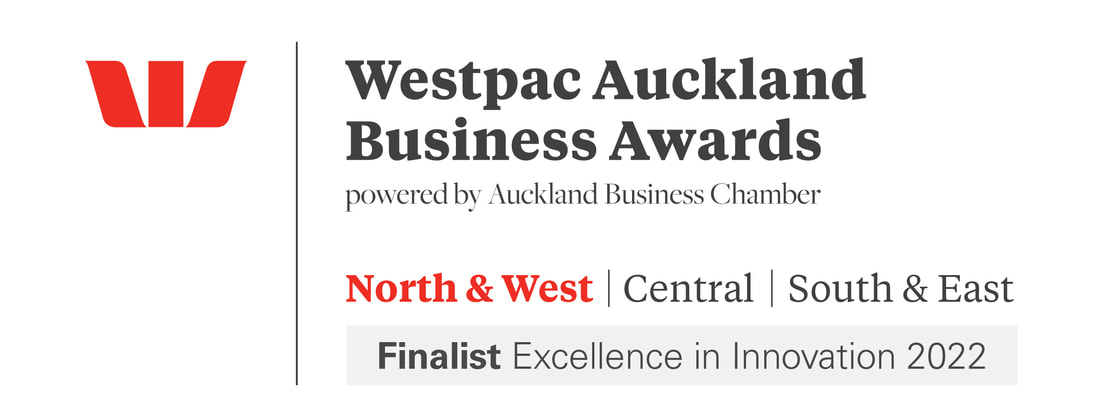|
The Environmental Impact of Modern Burials
In an era where environmental conservation is paramount, the choice between traditional and eco-friendly burials becomes not just a personal preference but a statement of our commitment to the planet's future. Traditional burial practices, while steeped in cultural and historical significance, cast a long shadow on our ecological footprint. From the manufacturing of caskets to the embalming process, these methods consume significant resources and introduce harmful chemicals into the earth. Traditional Burials: An Unsustainable Legacy Traditional burials often involve caskets made from non-renewable materials like metal and hardwood, which are not only resource-intensive to produce but also slow to decompose. Embalming, a common practice intended to preserve the body, uses formaldehyde-based fluids that can leach into the soil, potentially contaminating groundwater. Furthermore, traditional burial plots occupy valuable land space. With urban areas expanding and natural habitats shrinking, the allocation of land for cemeteries presents a growing concern. The permanence of these burial sites means that the land cannot be repurposed for generations, if at all. Eco-Friendly Burials: A Path to Sustainability In contrast, eco-friendly or "green" burials present a harmonious alternative, aligning our final act with a commitment to environmental stewardship. Eco-friendly burials forego embalming chemicals in favour of natural decomposition, use biodegradable caskets or shrouds, and encourage the use of existing natural landscapes over conventional graveyards. In this shift towards environmental stewardship, embracing eco-friendly burials means selecting methods that allow natural decomposition without the use of harmful chemicals. A key component of this sustainable approach is the choice of casket. "Outside The Box Cardboard Caskets" exemplifies this commitment with their biodegradable cardboard options, a stark contrast to the non-renewable materials of traditional caskets. These cardboard caskets, alongside other sustainable materials like bamboo and wicker, not only symbolize a return to nature but actively contribute to the health of our planet by ensuring that our final footprint is as light as possible The Ripple Effect of Green Choices The benefits of eco-friendly burials extend beyond the immediate environmental impact. They serve as an educational tool for communities, highlighting the importance of sustainable practices in all aspects of life, including death. By opting for a green burial, individuals can leave behind a legacy of respect for the environment, inspiring future generations to make choices that prioritise ecological health. Conclusion: A Final Act of Conservation As we navigate our lives, the choices we make reflect our values and our vision for the future. In choosing eco-friendly burials, we embrace a practice that honours our loved ones while respecting the balance of nature. It's a choice that underscores a commitment to conservation, ensuring that our final act on this earth contributes to the health and vitality of the planet we leave behind. In the end, the transition towards eco-friendly burials represents not just an environmental imperative but a profound opportunity to redefine our legacy, ensuring that in death, as in life, we contribute positively to the world around us.
0 Comments
|
Archives
March 2024
Categories
All
|
|
Our eco caskets and ashes urns are available from Funeral Directors across New Zealand.
Design registrations are held in New Zealand, Australia, Europe, United Kingdom, China, South Africa and the USA. ©Copyright 2022-23 Outside The Box Caskets |
For sales & distribution enquiries, please contact us.
|


 RSS Feed
RSS Feed



